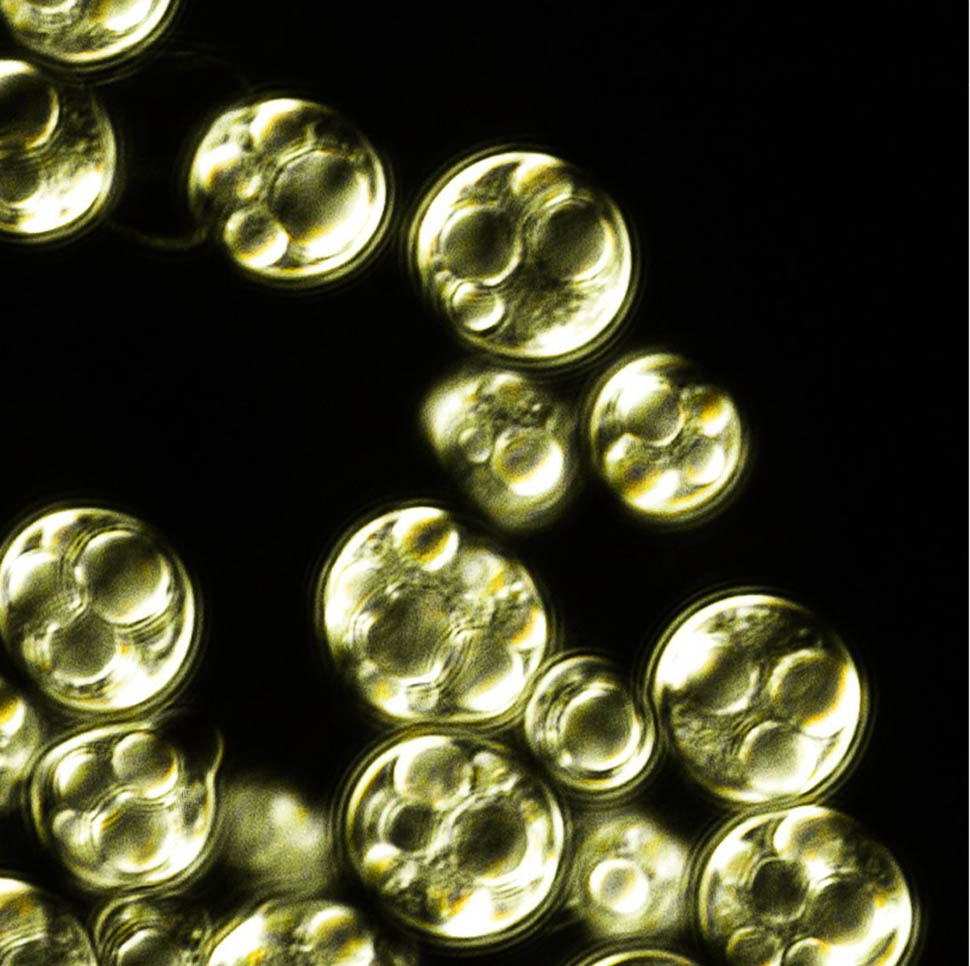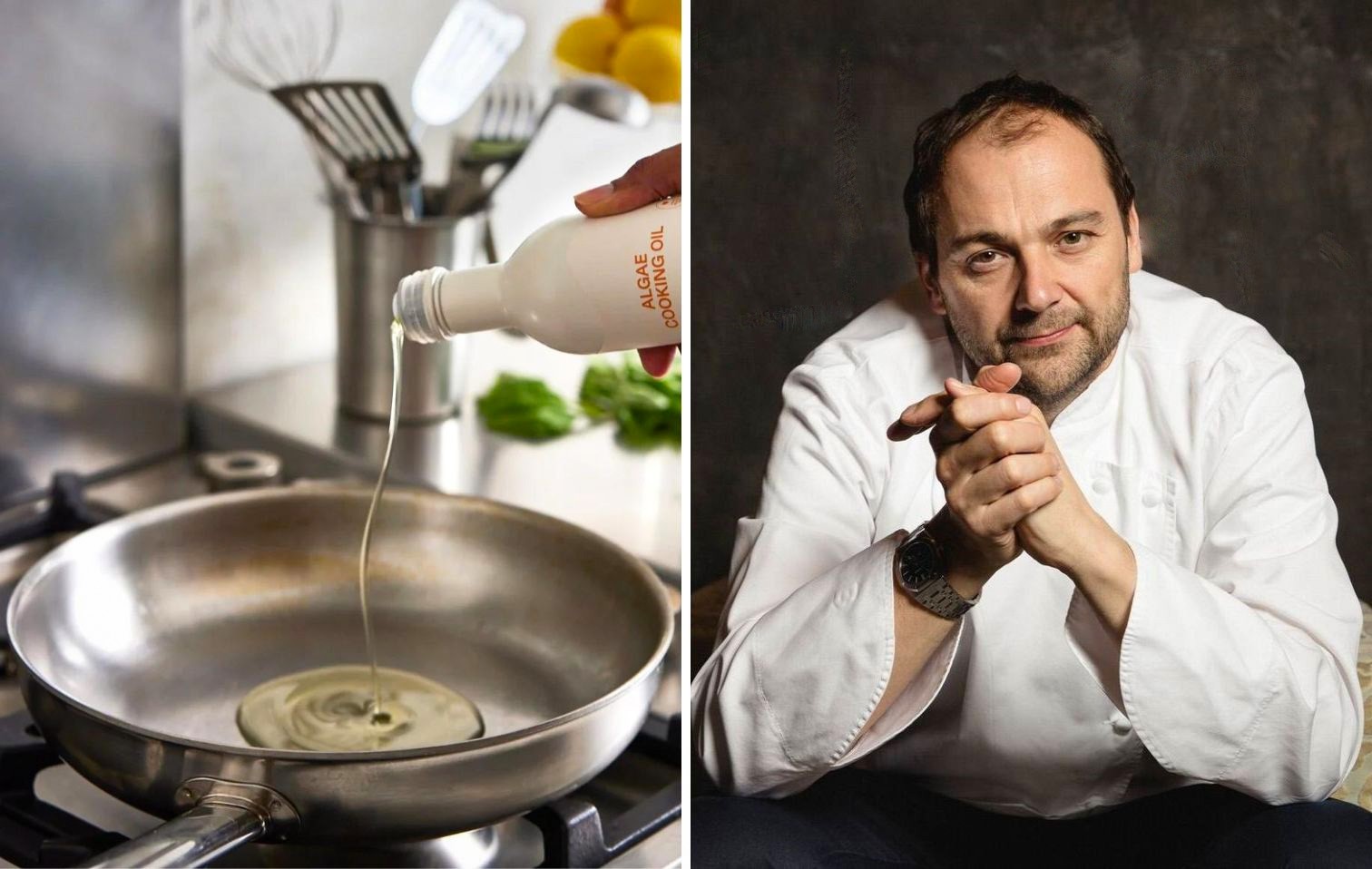It's the first microalgae-based fat launched in the US market and the second ever. Daniel Humm is thrilled, both for sustainability and performance in the dish: "Its cleanliness lets the flavor shine with greater focus."
The news
Italy is the homeland of extra virgin olive oil: it's hard to question it around here, except for some northern areas. It's a different story abroad, far from the Mediterranean, where research flourishes on possible new fats, healthy and sustainable. Now, for example, it's the moment of algae oil, launched in the US market by Algae Cooking Club, as announced in a recent article by Green Queen. A liquid with a neutral taste and a very high smoke point, reaching 280°C, rich in omega-3 and omega-9, low in saturated fats, and eco-friendly.
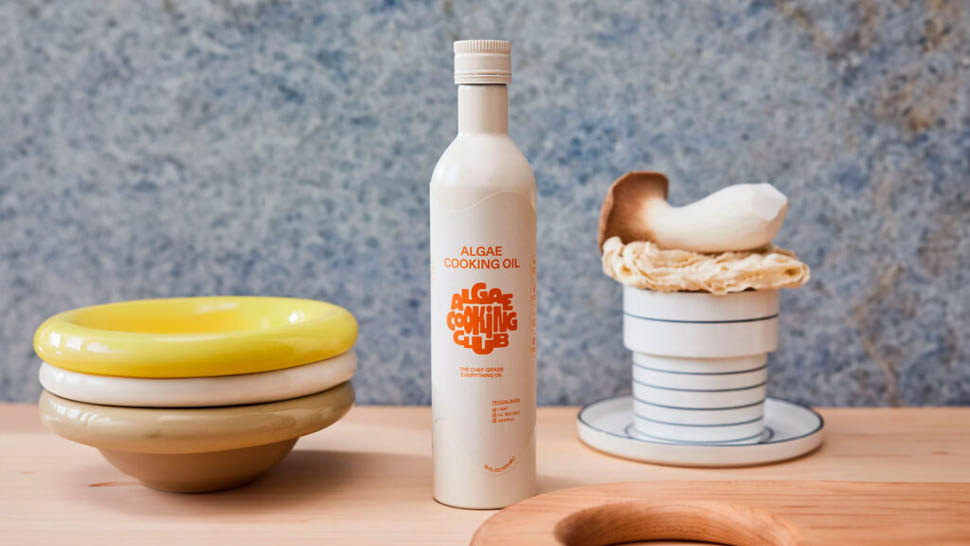
The blessing even came from Daniel Humm, who famously transformed Eleven Madison Park into the world's first three-star vegan restaurant in 2021, with a maniacal focus on sustainability. The great chef literally put his face on it as the Club Culinary Officer for the brand. "We were looking for an oil with a neutral taste that could achieve the maximum expression of flavor and texture, and we finally found it," the chef declares to Food&Wine. "Unlike others, it doesn't overpower foods with delicate flavors but it tastes like what you are cooking"
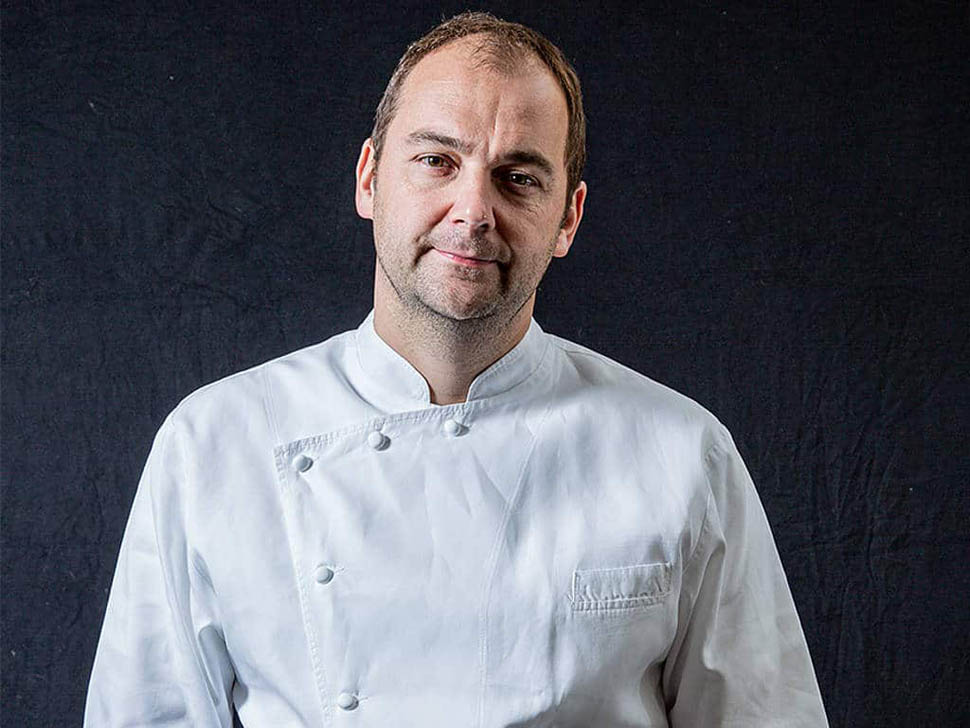
Production begins in Brazil, where sugar-fed microalgae reproduce inside bioreactors, thus not depleting the environment. It takes only 3 days to obtain 80% of fats. Following is a sort of squeezing, to separate them from the biomass through a process as rapid as it is reproducible on a large scale. In the company's description, founded in 2023, the result is described as "slightly buttery, with hazelnut aromas on the finish".
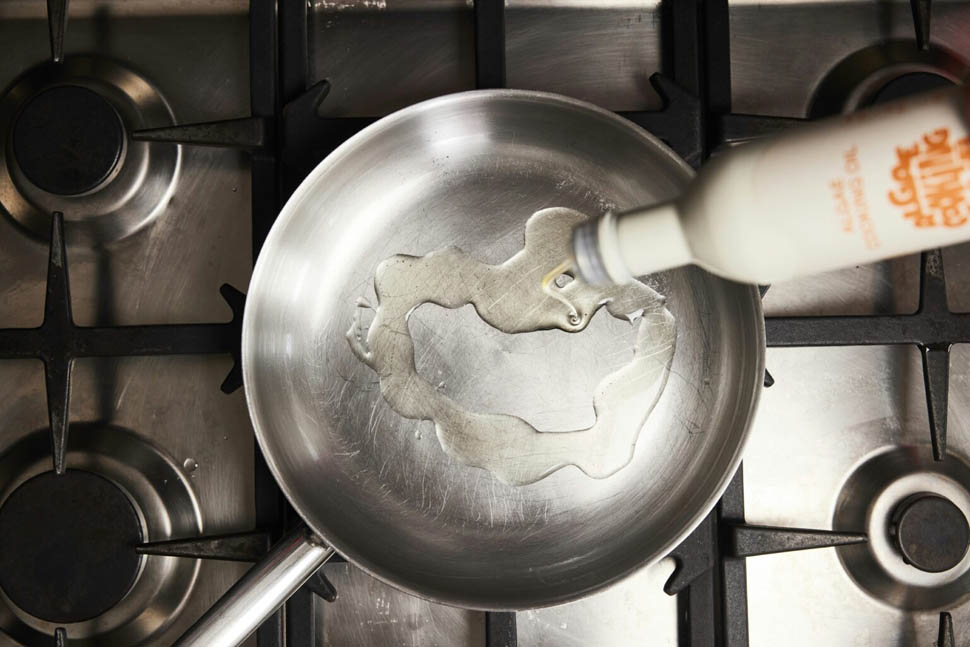
The environmental advantages are clear: the carbon footprint is half that of olive oil, while water consumption is 250 times lower, and production per hectare is twelve times higher. Vegetable oils, moreover, are under scrutiny as they are often the result of deforestation. Regarding packaging, recyclable aluminum has been favored. The cost for a package of about half a liter is $25: not insignificant, but lower than that of many higher-quality extra virgin olive oils; moreover, this shouldn't be a problem for consumers, says Humm, because "it's the only oil you need: people will realize that they don't need five different oils to season their dishes now".
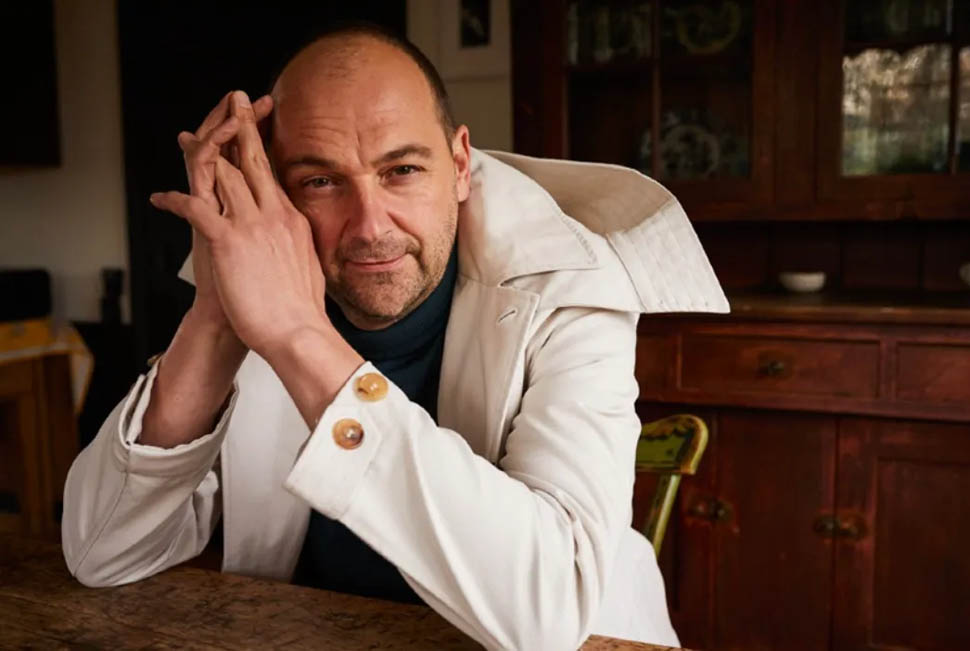
In the kitchen, its discretion is praised, capable of elevating the dish's taste without overshadowing it, its performance in emulsions, and in all types of cooking. Someone said: "nothingness and richness all in one". Daniel Humm, for his part, has stated that this ingredient is fully in line with his philosophy and values. He has used it for wafers, pestos, and infusions. "Since it's so clean, the taste of the food can be more centered," he concluded.
